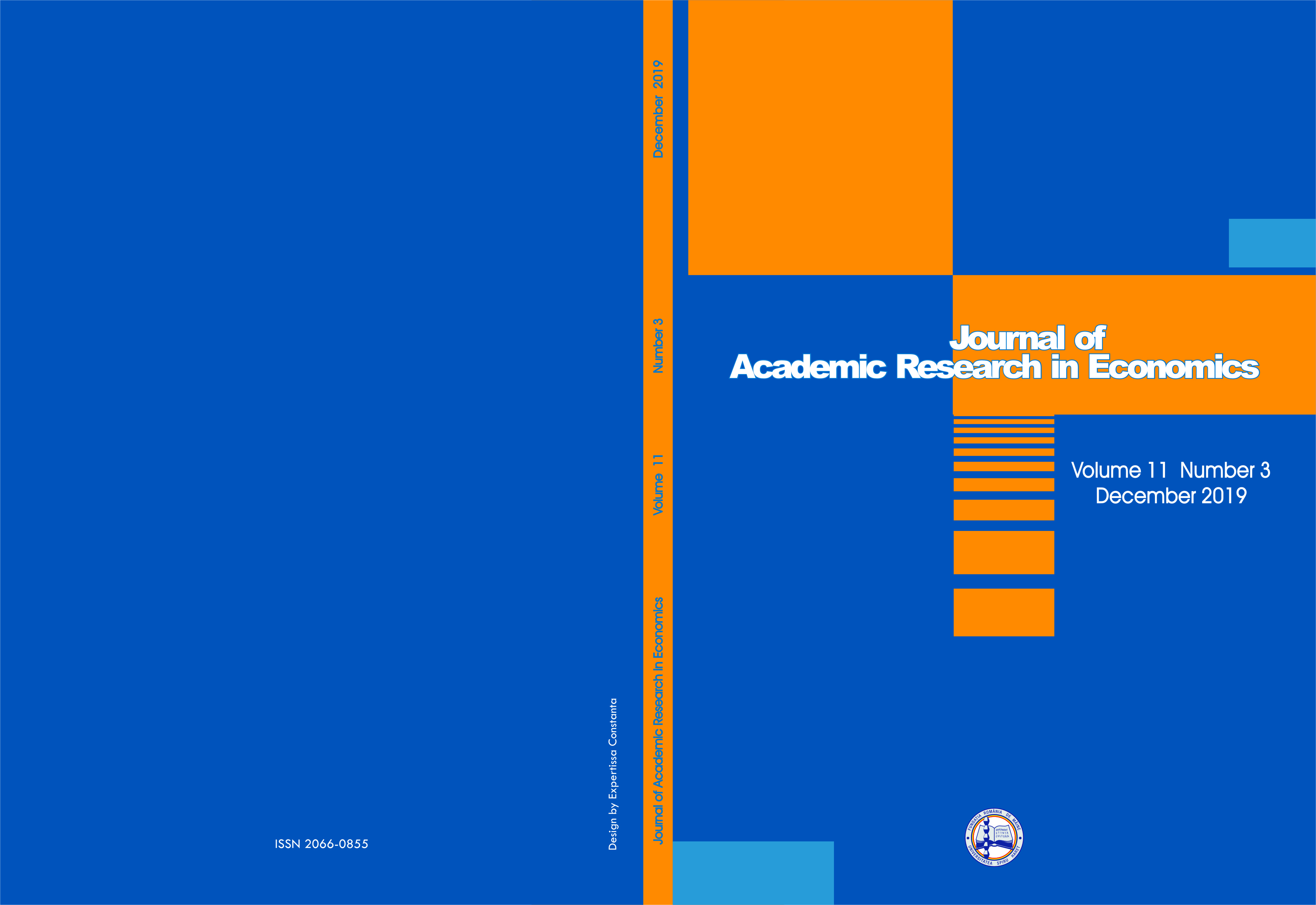THE REDISTRIBUTIVE EFFECT OF TAXATION IN NIGERIA
THE REDISTRIBUTIVE EFFECT OF TAXATION IN NIGERIA
Author(s): Hyacinth Ementa Ichoku, Walter AnukuSubject(s): National Economy
Published by: Universitatea SPIRU HARET - Faculty of Accounting and Financial Management
Keywords: Distribution; Distributive; Achievement Gap; Education; Education and Gender; Education and Inequality; Education Quality; Equality of Opportunity; Income Distribution; Inequality; Low Income;Need;
Summary/Abstract: Taxation has been in existence before the amalgamation of Nigeria as a political entity in 1914. Direct taxes were first introduced into the northern part of Nigeria. The taxes were successfully administered because the citizens were used to one form of tax or another before the formalization of direct taxes. With the amalgamation of the northern and southern protectorate in 1914, direct taxation was introduced into the western territory in 1916 and then the eastern provinces in 1927. In Nigeria, the enabling tax laws and regulations were fashioned after those of Britain. While there is plenty of tax revenues, poverty prevails and the taxpayers are worse off, hence the justification of this study. This study methodology adopted a focus on decomposition of personal income tax of Civil Servants and Political appointees in 2018; it determined the implication on the economy, and whether it has reduced inequality of income and wealth during the period under review. The study compares the redistributive effect of taxation between civil servants and political appointees. Cross-sectional data using the Aronson, Johnson, and Lambert (AJL) (1994) decomposition framework was deployed to examine the redistributive effect of Nigeria’s income tax. Also, the Gini index was calculated with the pre-tax and post-tax information to determine if the Nigerian tax system has reduced income inequality. The overall result shows that income inequality exists among Nigerians and that our tax system is progressive but do not redistribute wealth.
Journal: Journal of Academic Research in Economics (JARE)
- Issue Year: 11/2019
- Issue No: 3
- Page Range: 580-603
- Page Count: 24
- Language: English

